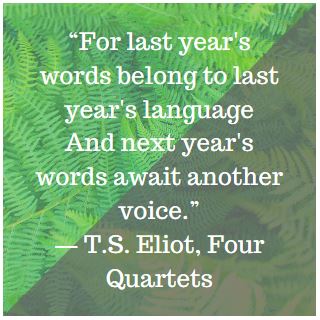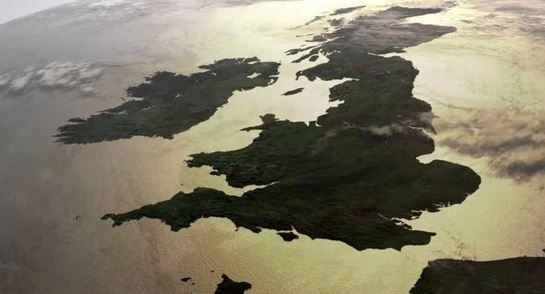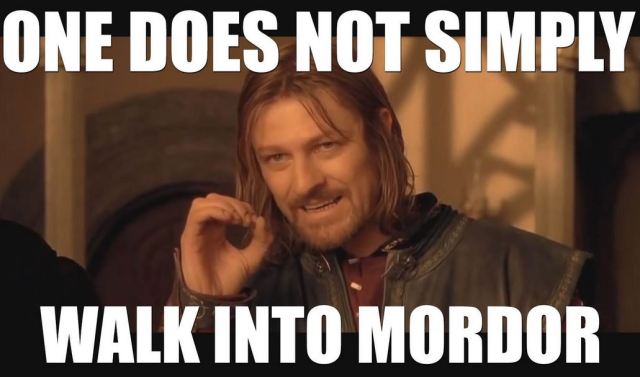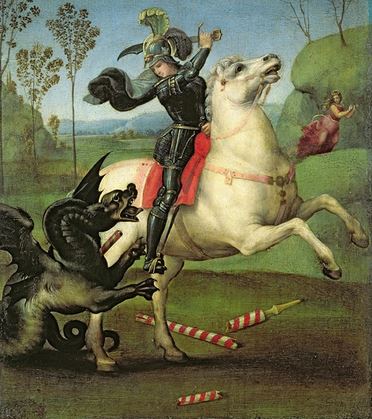
You think in this language, you know who you are through language; you LIVE in the language of English, but how much do you really know about it?
Thanks to the unique historical development of the English language (no other language on earth can claim its complexity), we’re blessed with one of the greatest vocabularies anywhere. We have a variety of synonyms even for common, everyday things.
In fact, I’ve been frustrated trying to express myself in other languages, only to find I have to use the same word in one sentence I just used in the last sentence. Really? I have only one choice to mean two different things for which I have a comprehension of subtle differences?
As frustrating as an Inuit trying to tell us what kind of snow it was. Okay, SOME languages have us beat in SOME ranges of synonyms, but STILL, for the most part. . .
Today in Part I of a two-part blog, it’s necessary to give some fast-and-loose history before I can talk in Part II about the actual words and how we can use them to add precision and depth to our writing.
Part I: A Concise History, or, Why We Don’t Speak British
To understand how the English language came by a far greater vocabulary than most languages in roughly half the time, you have to look at England.
Not yet a twinkle in a Frisian’s eye
In Roman Britain (from Julius Caesar till they threw up their hands in frustration in 410 AD and left), the natives didn’t speak English because it didn’t even exist yet. THEY SPOKE BRITISH! More accurately, they spoke old Brittonic or Celtic which is where Gaelic and Welsh come from.
The Romans felt they had a handle on the Britons, but then the Angles, the Saxons, the Jutes, and a smattering of Frisians kept invading from what’s now Denmark and north Germany. When the Romans left these folks over-ran England and before you knew it everyone was speaking Anglo-Saxon.
We also call it Old English, but in actual function, it’s a completely separate language from modern English. Not only have the words and sounds (and alphabet) changed considerably in that time, but the grammar is completely foreign to modern English speakers. Still, those Anglo-Saxon words DID change and are still around, becoming all the most common of the words we speak today, like WORD and WE and SPEAK and TODAY.
(Paul Kingsnorth manages to write for us, using only an Anglo-Saxon/Old Norse vocabulary adapted for modern readers, a novel that is fittingly shows the reaction of a native Englishman when the Normans come in and change everything.)
But of course the land we now call England after those Angles (don’t feel bad for the other tribes: we already have a Saxony and a Jutland and some Frisian islands) was just so freaking adorable that invasions happened again and again.
Ragnar Lothbrok and his infamous brood, on HISTORY channel
Right about the time the Anglo-Saxons forgot they were the barbarian invaders and settled down nicely into Christianity, along came some REAL barbarians: Vikings! The name struck terror in the hearts of English monks and priests everywhere, since their churches housed exactly the kinds of goodies the Vikings wanted to take home.
Until they didn’t even want to go home. Old Norse shared Germanic roots with Anglo-Saxon but it wasn’t the same language, and you can draw a big diagonal line across England from the northwest to the southeast with place-names showing just how far the Vikings pushed in and settled. The Vikings’ language didn’t displace Anglo-Saxon (not the way the Celtic languages were pushed out and stayed separate languages), but they added a whole lot of words.
A new patois: English Kings speaking French
The Anglo-Saxons never stopped fighting the Vikings, and they were so tuckered out from these battles that the Normans had an easier time sweeping in from France in 1066 and taking over. (There’s a spectacular early movie all about it: it’s called the Bayeux Tapestry.) In fact, William the Conqueror did the job so impressively that no new Vikings even bothered to invade after he set up shop. And neither did anyone else, ever again, ever.
William brought with him all his French friends to enjoy the spoils and BAM, everyone who was anyone in England spoke French. But Anglo-Saxon didn’t just go away; the French nobles had to talk to their servants and those servants talked to the rest of the peasants, and what would you expect with all that mingling? The two languages had a baby called Middle English.
Okay, it took longer than nine months, but the process was evident all along. Eventually Geoffrey Chaucer, who could’ve written in French, up and decided to give the local vernacular a whirl in works like the Canterbury Tales, and the pure French of the ruling class began to fade away.
“More than kisses, letters mingle souls.” –John Donne
But we’re not quite yet modern English: there’s one last major wave of influence that will tweak the language, but this time there was no marauding or killing involved. There was, however, considerable sighing and swooning and everlasting promises.
Latin was no stranger to England: first the Roman overlords spoke it, then the church leaders after Christianity came. But after the Renaissance took off down in Italy and spread out, English poets were more than a little embarrassed that their language was downright clunky compared to those beautiful Italian sonnets.
Folks TRIED to write sonnets in English, but the rhythms of the language just didn’t fit, either. So English writers just started STEALING new words left and right–prettier ones. (Not just that, writers like Shakespeare eventually adopted new poem forms that made English sound better anyway, like the blank verse iambic pentameter of Shakespeare’s plays.) They stole from Italian and they stole from French and they stole Latin-sounding words that really made English sound grandiose and respectable.
And they ALSO did something that would make past editors of the Oxford English Dictionary sit up in their graves and cry, “Desist!”: they made up new words!! (In the modern age we’ve seen how tech has required rapidly introducing new acronyms and memes, but we’re also a lot more chill when people just do what people do, and diss the old-fashioned idea that language is static and carved in stone.)
So many new words were successfully added into the English vernacular that Middle English was left in the dust. But here’s the clincher: the old words didn’t go away. The time of Shakespeare is known as Early MODERN English, and it had Anglo-Saxon words, and it had Norse words; it had a splash of Celtic and there were still the French words and the Latin ones and the Italian ones and even some words from the New World just being explored.
And this still wasn’t the end of the behemoth language English. It was one thing to add new words from new lands being explored–but all languages were doing that, all the time. It was another when the speakers of English became the conquerors and the British Empire expanded around the world. Native English speakers were living on five continents and absorbing words by the hundreds.
This is just the briefest history of England and its language, showing how we got so many words. In Part II I’d like to show you what this means for you: why all these synonyms you have at your disposal each carry the weight of history along with their meaning.








